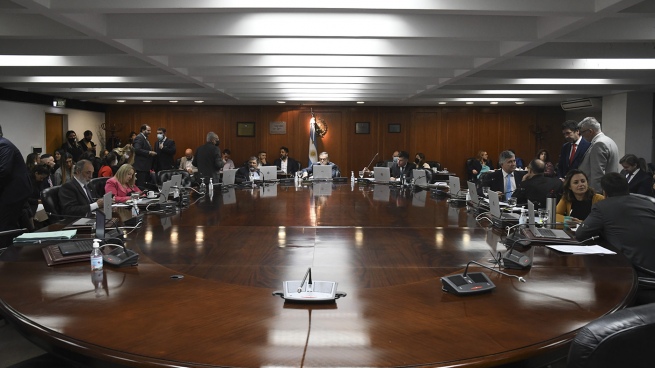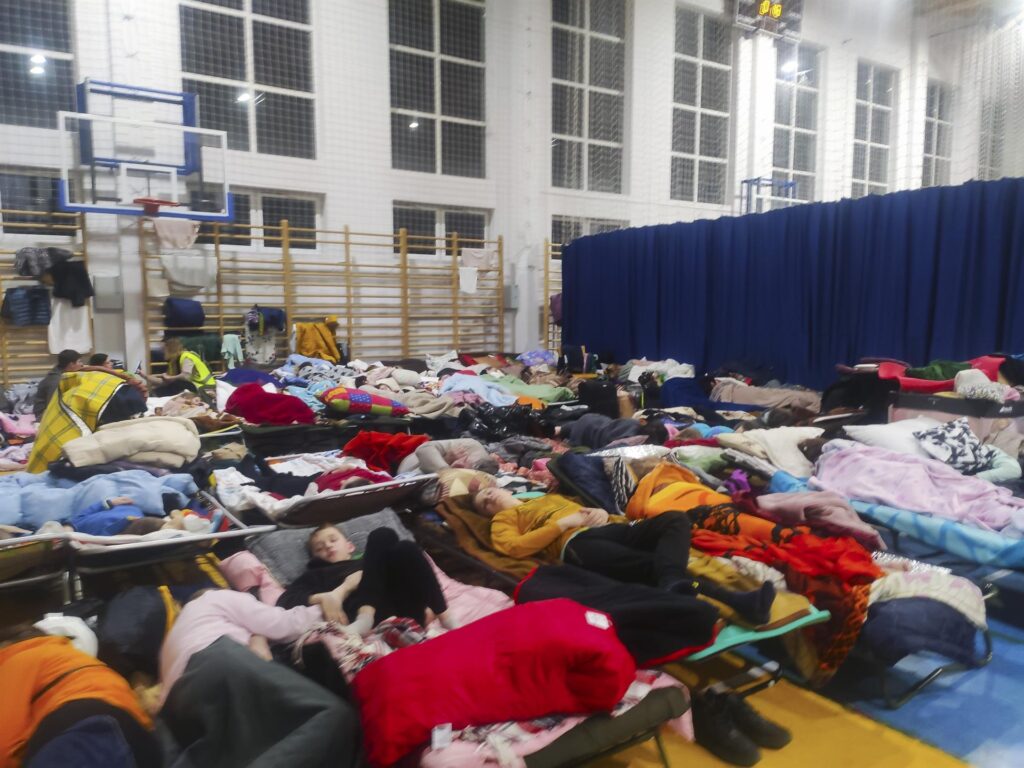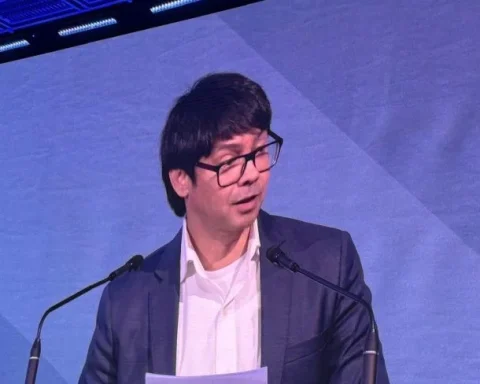The Chamber of Deputies will begin to debate next Tuesday in a plenary of commissions and with the presence of specialists the reform to the Council of the Magistratura, promoted by the ruling party and that It proposes raising the number of members from 13 to 17 and creating four federal regions for its operation.
Parliamentary sources did not rule out that, as part of the debate, some modifications to the project to achieve greater consensussince 129 votes are needed for its approval, since it is a law derived from the National Constitution and that requires special majorities.
“There is always room, these changes do not have to distort the spirit of the project and they have to bring votes to form a majority of 129. First we are going to listen to the specialists in the meetings”affirmed a source of the Front of All (FdT).
In fact, the ruling bloc has 117 deputies -since the president of the Chamber of Deputies, Sergio Massa, does not vote and only does so in the event of a tie-, with whom he needs a dozen more votes to reach 129 .
Before that scenario, the ruling party must try to establish agreements with the United Provinces interblockthe Federal interbloc, Neuquén Popular Movement (MPN) and Ser, to achieve progress with the reform.
The sources anticipated that the FdT could have the support of the four legislators from the United Provinces and one from the MPN, although it would still need seven more votes to reach 129 votes.
If the text is changed, the initiative must return to the Senate, which will have to endorse or not the changes made by the lower house.
The opening of the debate on the projects that seek to reform the Council of the Judiciary will take place after the Constitutional Affairs and Justice commissions were formed, headed by Hernán Pérez Araujo and Rodolfo Tailhade, both from the FdT.
In this way, the lower house will start on Tuesday at 2:00 p.m. in a plenary session of these two commissions the round of consultations with specialists in the fieldwho will be invited at the proposal of all the blocks with parliamentary representation.
“1577 days it took the Court to issue a ruling,” he said the head of the block of deputies of the FdT, Germán Martínez, days ago, pointing out that now “it is nonsense” to ask the lower house to address the reform in “only three days”.

From the PRO, Pablo Tonellialso a member of the Council, told Télam his rejection of the initiative sanctioned by the Senate and said that this space will insist on the position adopted in the upper house by Together for Change (JxC), which proposed to put back into force the law that existed until 2006, when the Council of the Judiciary was made up of 20 members and was presided over by the Supreme Court of Justice.
For its part, the deputyto the Federal Interblock Graciela Camaño (Identidad Bonaerense) highlighted thate “It is one of the most important laws that we are going to vote on this year, since it is absolutely necessary to be able to order the Council of the Judiciary, which is of vital importance for the functioning of the Judicial Power and has been left to the vicissitudes of politics”.
In statements to Télam, Camaño -a member of the Council of the Judiciary- anticipated that he will listen to “the opinion of the specialists” before deciding whether to present his own opinion, although he announced that he “does not” agree with the project approved by the Senate.
The initiative of the Executive Power, which in the Senate had the support of the ruling party and provincial blocs, seeks to provide greater federalism to the body responsible for the selection of judges.
The project raises the number of members from 13 to 17 and creates four federal regions within the organization that will meet periodically in the interior of the country, with the goal of providing it with greater federalism.
In this way and if the project of the Executive Power advances, the council would be expanded again, after in December of last year the Supreme Court declared the unconstitutionality of the conformation of 13 members that was ordered in 2006.


















